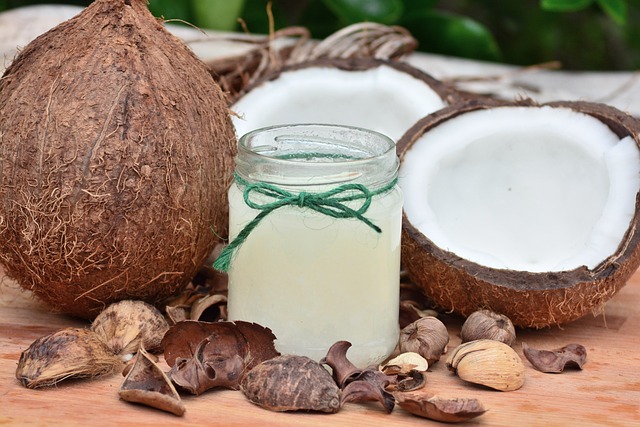Probiotics for Weight Loss: Can Good Bacteria Help Shed Those Extra Pounds?
When it comes to losing weight, many people think that dieting and exercise are the only solutions. However, more and more research is suggesting that the bacteria in our gut, known as probiotics, may also play a role in weight management. In this blog post, we’ll explore the connection between probiotics and weight loss and discuss whether these good bacteria can indeed help shed those extra pounds.
The Role of Gut Bacteria
The human gut is home to trillions of microorganisms, including beneficial bacteria known as probiotics. These bacteria help maintain a healthy digestive system and support various bodily functions, including nutrient absorption and immune response. However, recent studies have found that the composition of gut bacteria can also affect weight and metabolism.
Researchers have identified two main types of gut bacteria: Firmicutes and Bacteroidetes. It has been observed that overweight and obese individuals tend to have a higher ratio of Firmicutes to Bacteroidetes compared to lean individuals. This imbalance in gut bacteria is believed to contribute to weight gain and obesity.
Probiotics and Weight Loss
Probiotics are live microorganisms that, when consumed in adequate amounts, can provide potential health benefits. These “good bacteria” can improve gut health by restoring the natural balance of bacteria in the digestive system. But can they also help with weight loss?
Several scientific studies have explored the impact of probiotics on weight management. While results are still emerging, there is some evidence to suggest that certain strains of probiotics may aid in weight loss.
One study published in the British Journal of Nutrition found that participants who took a probiotic supplement containing Lactobacillus rhamnosus for 12 weeks experienced a significant reduction in body weight, body mass index (BMI), and waist circumference compared to those who took a placebo.
Another study published in the Journal of Functional Foods investigated the effects of a probiotic yogurt on body weight and metabolism. The results showed that consuming the yogurt containing Lactobacillus amylovorus led to reduced body fat percentage and waist circumference compared to a control group.
Mechanisms of Action
While the exact mechanisms behind probiotics’ potential weight loss effects are still being studied, several theories have been proposed:
- Reduced energy absorption: Some strains of probiotics may help reduce the absorption of dietary fat, leading to fewer calories being absorbed by the body.
- Increased fat metabolism: Probiotics may enhance the breakdown of fat in the gut, making it easier for the body to utilize and excrete.
- Regulated appetite and cravings: Certain strains of probiotics may influence the production of hormones that regulate appetite and satiety, potentially reducing overeating and cravings.
- Improved gut barrier function: Probiotics can strengthen the intestinal barrier, preventing the leakage of toxins and reducing inflammation, both of which are linked to weight gain.
Choosing the Right Probiotic
When considering probiotics for weight loss, it’s important to choose the right strains and products. Different strains of bacteria may have varying effects on weight management, so consulting with a healthcare professional or nutritionist is recommended.
Look for probiotic supplements that contain well-researched strains such as Lactobacillus rhamnosus, Lactobacillus acidophilus, Bifidobacterium lactis, or Bifidobacterium breve. Additionally, opt for products with a high colony-forming unit (CFU) count to ensure sufficient bacteria are delivered to the gut.
Conclusion
While more research is needed to fully understand the potential of probiotics for weight loss, the current evidence suggests a promising connection. Incorporating probiotic-rich foods such as yogurt, kefir, and sauerkraut into your diet may contribute to a healthy gut microbiome, which plays a vital role in overall well-being.
Remember, probiotics should be viewed as a complement to a balanced diet and regular physical activity. If you’re struggling with weight management, it’s best to consult a healthcare professional who can provide personalized guidance based on your individual needs and goals. Together, diet, exercise, and probiotics may help you shed those extra pounds and improve your overall health.







